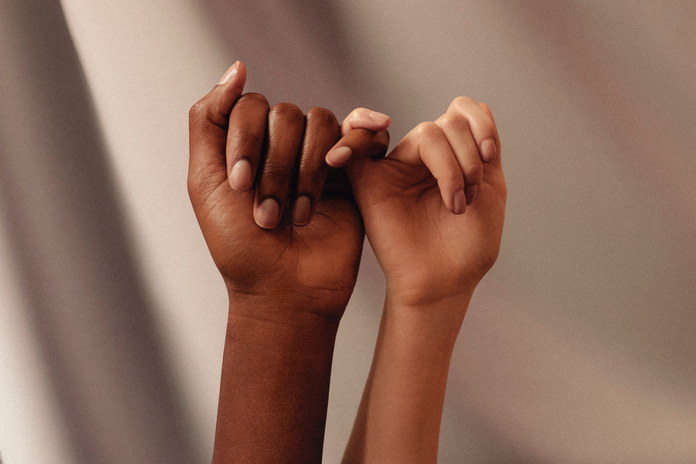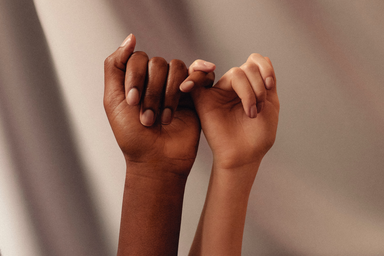November 20th marks the day of observance for transgender individuals who have lost their lives to anti-transgender violence, also known as Transgender Day of Remembrance. This day was created back in 1999 by Gwendolyn Ann Smith, an activist, to honor the loss of Rita Hester, a Black trans woman who was killed a year previously. In 2020, over 350 transgender people have been killed, a 331 increase since last year. There were a couple of different ways I thought about approaching this topic, but I found myself focusing on one angle. I wanted this article to be a call to action for Black women.
Growing up I’ve always heard this rhetoric that in the race of life, my lane is going to have more obstacles than others. My white counterparts will probably get a ten-second head start, there would be hurdles to jump over for being a woman, hurdles for being Black, and the steeplechase for being both at the same time. However difficult this all may be, I still see my life as a marathon and not a sprint. Yet, others may not have the luxury of thinking in this manner.
In the United States, the life expectancy for Black women is roughly 75 years. Yet, that statistic only applies to cisgender Black women. However, for Black trans women life expectancy is 35 years. This leaves a devastating and jarring 40-year difference, one that is unacceptable. Even with knowing that I will continue to face oppression, that’s 40 years that I often don’t think twice about coming.
The murder of Black trans women is an epidemic. This year alone 39 Black or Latinx transwomen have been killed and that number only accounts for the deaths that have been reported. The terrifying fact is that in between the time this is written and published another Black trans woman could have been murdered. That should speak volumes.
Transphobia runs rampant in our society, whether it occurs on an individual level by using a person’s incorrect pronouns or deadname to on a governmental level with a transgender military ban. While both are harmful, it would be a disservice if I didn’t mention the fact that this epidemic is also fueled by the Black community.
With a community filled with love and compassion, there is also blatant discrimination against the LGBTQ+ community, especially against transgender individuals. A community that isn’t separate from ours, yet the intersectionality of the two seems to be given the coldest shoulder to ever exist. Transphobia in Black men is often expressed through violence as well as violent rhetoric through the channel of toxic-masculinity. However, Black women have a role in this issue as well.
Cis women create this narrative that the rights of transgender women impinge on theirs. This generates arguments that deduce the idea of womanhood down to physical appearance and anatomy. Whether it be the ability to bear children or to possess a perceived “feminine” body type, cis Black women don’t recognize that their transphobia stems from the same damaging beauty standards rooted in our oppression. Thus, causing cis women to suffer at the hands of these ideals as well.
Because if we base the definition of womanhood on the ability to have children, what are we really saying to women who can’t have children for medical reasons or to women who simply don’t desire to have any? How do we justify the “model” body types while simultaneously witnessing the body shaming of cis Black women like Serena Williams for her muscular stature? While these arguments can be made by any transphobic individual regardless of race, Black cis women fail to see how such theories about womanhood disproportionately affect us in comparison to white cis women.
Angelica Ross said it best, “Trans women are not your enemy. We are your sisters.” Black people, we have to do better. As Black women, we can’t preach about intersectional feminism and having a seat at the table if we aren’t willing to make room for our Black trans sisters too.
This starts with holding each other accountable as a community. This starts with deconstructing hyper-masculinity prevalent amongst cis Black men and the privilege they hold in our community. It starts with calling out the anti-trans jokes and rhetoric when we hear it. This starts with addressing the violence that Black men commit against Black trans women. This starts with acknowledging transphobia within Black women. This starts with us, this starts with me.
If your Blackness doesn’t include the lives of transgender individuals, especially Black trans people you aren’t “pro-black” and you aren’t looking for equality. You’re looking for a way to exercise your privilege over a disenfranchised community. The fact of the matter is, if your definition of Black liberation doesn’t include Black trans women, we will never be free because you either fight for all of us or none of us at all. This is non-negotiable.



